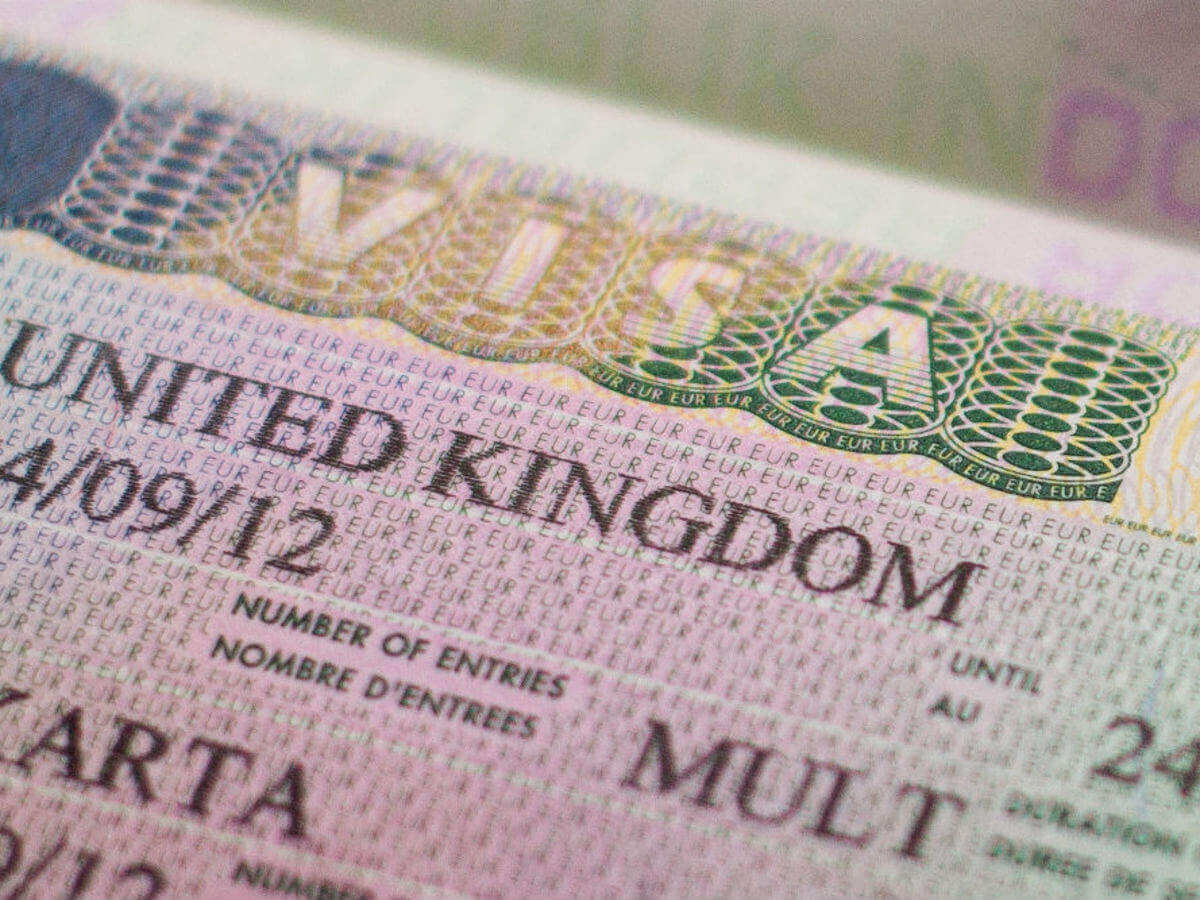Thousands of citizens of Hong Kong have already applied for citizenship to the United Kingdom (UK) under the new visa scheme offered by the Boris Johnson administration. As China tightens the national security law imposed over Hong Kong last June, the number of visa applications is expected to multiply by “hundreds of thousands” in the coming months. To prevent people from applying in person during the pandemic, applicants will be able to apply online through a smartphone app that will be available from February 23. The five-year visa application to the UK costs £250 per person (or £180 for 30 months). In addition, all applicants will also have to pay an “immigration health surcharge” of £624 annually. Although there is no minimum salary requirement to emigrate to the country, securing a job in the UK is mandatory.
This development comes after the UK, which formally colonised Hong Kong, opened up its borders to its citizens this Sunday to express its disdain for Chinese dominance in the region. In response, China warned the UK not to meddle in its domestic issues and announced that it will not be recognizing Hong Kongers’ British National Overseas (BNO) passports as valid travel documents or proof of identity.
China’s national security law extends power to the Hong Kong government to detain and arrest pro-democracy protestors and activists under the garb of national security. As China’s encroachment on Hong Kongers’ way of life and civil liberties becomes increasingly “unbearable”, activists have been fleeing the region out of fear of being incarcerated for their pro-democracy views and activities. In addition, the police have also been criticized by activists for brutality and the “use of excessive violence”.
The UK first introduced the new visa route last July, after protests broke out against the “draconian” national security law. Prime Minister Boris Johnson said the scheme “stood up for freedom and autonomy—values both the UK and Hong Kong hold dear,” and honoured the UK’s “profound ties of history and friendship” with Hong Kong. Under the offer, five million Hong Kongers including their dependents have the right to remain in the UK for five years, during which time they can work or study. Following this time period, they can then apply for “settled status” and, after an additional year, become eligible to apply for citizenship.
Though the application process formally opened on Sunday, since July 2019, approximately 7000 eager citizens already arrived in the UK on the previously issued six-month-long visa “to get a head start” on the process. Andrew Lo, founder of Anlex Immigration Consultants in Hong Kong said that prior to the announcement of the BN(O) visa, inquiries about UK immigration were as low as “maybe less than 10 a month”. However, leading up to the formal opening of the visa, daily inquiries have increased to “about 10 to 15 calls a day”. According to the AP, the British government expects that more than 300,000 people will obtain extended residency rights over the first five years.
The Hong Kong government, on the other hand, has been wary of the West and has accused it of hypocrisy in the recent past. On January 6, operating under the auspices of the law, nearly 1,000 police officers embarked on the largest effort to quell the city’s democracy movement. They conducted raids on 76 premises to haul up over 50 pro-democracy activists, academics, district councillors, and former legislators who had helped run an unofficial “primary” last July to nominate opposition candidates ahead of the 2020 Legislative Council (Legco) elections. Those arrested were charged for “subversion” under the law. Following severe criticism from Australia, United States (US), United Kingdom (UK), and Canada over the events, the Hong Kong government accused the West of “slander” and having “double standards”.
In line with past reactions, the current move is not expected to go well with Beijing or the Beijing-backed Hong Kong government and may result in retaliation.
Thousands of Hong Kongers Apply for Newly Opened British Visa Route
Thousands of Hong Kongers have filed applications to flee to the United Kingdom fearing an increase in crack down on freedoms by China’s national security law.
February 1, 2021

SOURCE: THINKSTOCK PHOTOS
